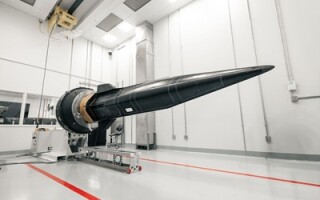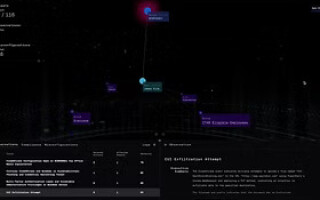Working to extend mobile battery life for soldiers in the field
NewsAugust 08, 2017

ADELPHI, Md. Teams from the U.S. Army Research Laboratory (ARL) and Brown University (Providence, Rhode Island) have joined forces to develop solutions that would extend the battery life of GPS gear, mobile phones, field laptops, and other technologies that soldiers use in the field.
The military and university teams are attempting to look deep into the battery to characterize and engineer the solid electrolyte interphase (SEI) layer that forms on the anode of lithium ion (Li-ion) batteries, with particular focus on examining experimental silicon anodes with very high capacities for lithium.
The Army is interested in SEI research for Li-ion batteries because the SEI determines if a battery will cycle or whether harmful side reactions will consume the electrolyte components, said Dr. Arthur von Wald Cresce, a researcher in ARL's electrochemistry branch. The SEI is a solid layer formed by the decomposition of the liquid electrolyte components; it is an electrolyte, meaning that it must allow Li+ to move while still being an electrical insulator and then forms a new material phase between the solid electrode and the liquid electrolyte.
Under the research agreement, Brown University will provide expertise in the analysis of certain atomic force microscopy (AFM) data analysis and provide synthetic tools and raw materials for fabricating the silicon nanowires and other deposited structures to be analyzed. For its part, ARL will provide state-of-the-art electrolytes that will be used for a portion of the atomic force microscopy studies, along with access to its analytical tools, including the in situ AFM, the Raman spectrometer, X-ray photoelectron spectroscopy, and infrared spectrometers. ARL will also bring long experience in the preparation of in situ AFM samples and other types of surface analysis.
"The Army is developing hybrid vehicles for use on the battlefield, and that means they will also use Li-ion batteries," Cresce added. "Certain high-energy applications such as reactive armor and directed-energy weapons also seem suited for Li-ion batteries, although those technologies are still developing."




